Opening the AI "black box"
At the conference, scientists said that advances in AI (artificial intelligence) research have opened up incredible prospects for economic growth. Companies and research organizations can take advantage of AI's computing power to increase productivity and reduce research time. As a result, production costs are reduced, innovation is enhanced, helping to create an interesting and competitive working environment, saving human effort in traditional tasks.
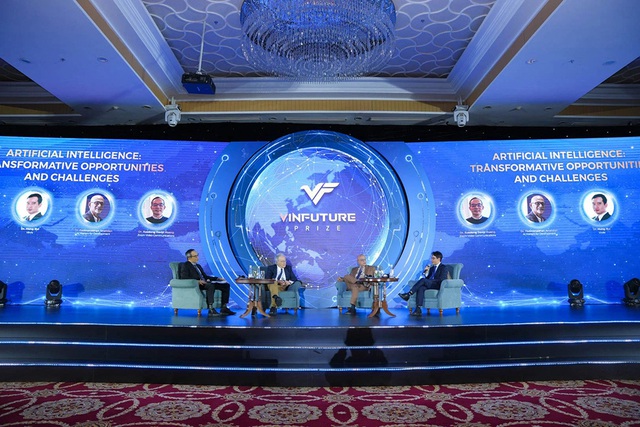
Artificial Intelligence Conference on December 19
TN
However, AI has posed major challenges in terms of ethics, security, and equality of access, especially as AI’s capabilities grow. Challenges can come from AI’s power being used for bad purposes; AI making imperfect decisions in ethically difficult situations; or control of AI’s enormous capabilities being held by a minority…
"AI is only trained and built with data. If the data you collect is biased, it will be reflected in the final result and the decision will also be biased," Dr. Xuedong Huang, CTO of Zoom Corporation (USA), a member of the VinFuture Prize council, warned, adding that the AI model itself is not perfect. Therefore, it is necessary to develop a screening layer to ensure that the output content from AI meets community standards.
Scientists also discussed AI development policies in developing countries, especially Vietnam, in the context that AI is a new race among countries. According to Dr. Bui Hai Hung, General Director of VinAI, the challenge for countries like Vietnam is that they cannot compete in terms of resources with multinational corporations, which have a lot of computing resources. However, he personally hopes that small models will still have a place to live despite limited conditions and resources.
According to Professor Leslie Gabriel Valiant, an expert in computer science and applied mathematics at Harvard University and a member of the VinFuture Prize Council, building a good dataset is an important and difficult prerequisite, but some developing countries with limited resources can use what is available and easy to find to meet the needs. "AI is an opportunity to create equality for all. AI can be applied in teaching, training machines according to human needs. Everyone can participate in this game," said Professor Leslie Gabriel Valiant.
Semiconductor industry development requires investment in universities
Previously, on December 18, in the discussion session "Semiconductor Technology: The Foundation of the Modern World ", the world's leading semiconductor experts also suggested an answer to the question "What opportunities are there for Vietnam?" when discussing the current development of this industry that requires expensive investment.
Professor Teck-Seng Low, Senior Vice President at the National University of Singapore (NUS), said that Singapore's lesson in developing the semiconductor industry is to have large financial resources to invest in people and cooperate with the world's leading universities in research in this field. For Vietnam or any other country, the path to developing the semiconductor industry still has to start from labs with investments ranging from millions to tens of millions of USD. However, Vietnam can start with reasonable initial costs when cooperating with the startup model. In this new era, latecomers and countries without abundant financial resources can still enter the semiconductor industry with small but effective investment opportunities.
"Singapore spends $5 billion on research every year, but this money will be useless if we don't have talented human resources to develop. Therefore, a strategy to attract good human resources in the semiconductor field is a prerequisite when you want to really start developing this technology industry," said Professor Teck-Seng Low.
Professor Vivian Yam (Hong Kong University), member of the VinFuture Prize Preliminary Committee, commented: "We can start on a small scale. The government can invest in universities, this is important. The two initial sources of capital are very important, including physical capital and human capital."
Professor Nguyen Thuc Quyen (University of California, Santa Barbara, USA), co-chair of the VinFuture Award Preliminary Committee, shared the same view: "Universities need to train high-quality human resources for semiconductors. Vietnam is lacking this high-quality human resource. It is necessary to create conditions for students to both study and practice at businesses. Vietnam is a developing country and needs shared infrastructure, this is an important method to promote attracting investors."
In addition to the two sessions on semiconductors and AI, the "Science for Life" series also includes two sessions on "Advancing precision immunology to treat autoimmune disorders" and "Sustainable infrastructure and green transportation". The series is an activity within VinFuture Week, an international event that brings together many outstanding names in the world in key fields.
Today, December 20, VinFuture Week continues with the dialogue series "Discovering VinFuture's future". This is the first event organized to open up opportunities for cooperation and potential technology transfer in the world to Vietnam, with the participation of 9 research institutes, the largest universities in Vietnam and businesses.
In particular, tonight, December 20, the VinFuture 2023 Awards Ceremony, the most anticipated highlight of VinFuture Week, will take place at the Ho Guom Theater (Hanoi). This event honors the inventors of groundbreaking works, "joining forces globally" to contribute to creating a sustainable living environment for future generations, selected from nearly 1,400 research projects from more than 90 countries around the world.
Source: https://thanhnien.vn/cac-nha-khoa-hoc-hang-dau-the-gioi-ban-ve-co-hoi-cho-vn-18523121923485599.htm


![[Photo] Prime Minister Pham Minh Chinh chairs the Government's special meeting on law-making in May](https://vphoto.vietnam.vn/thumb/1200x675/vietnam/resource/IMAGE/2025/5/22/1c880aae96fd4e0894abc47a46fe19ba)
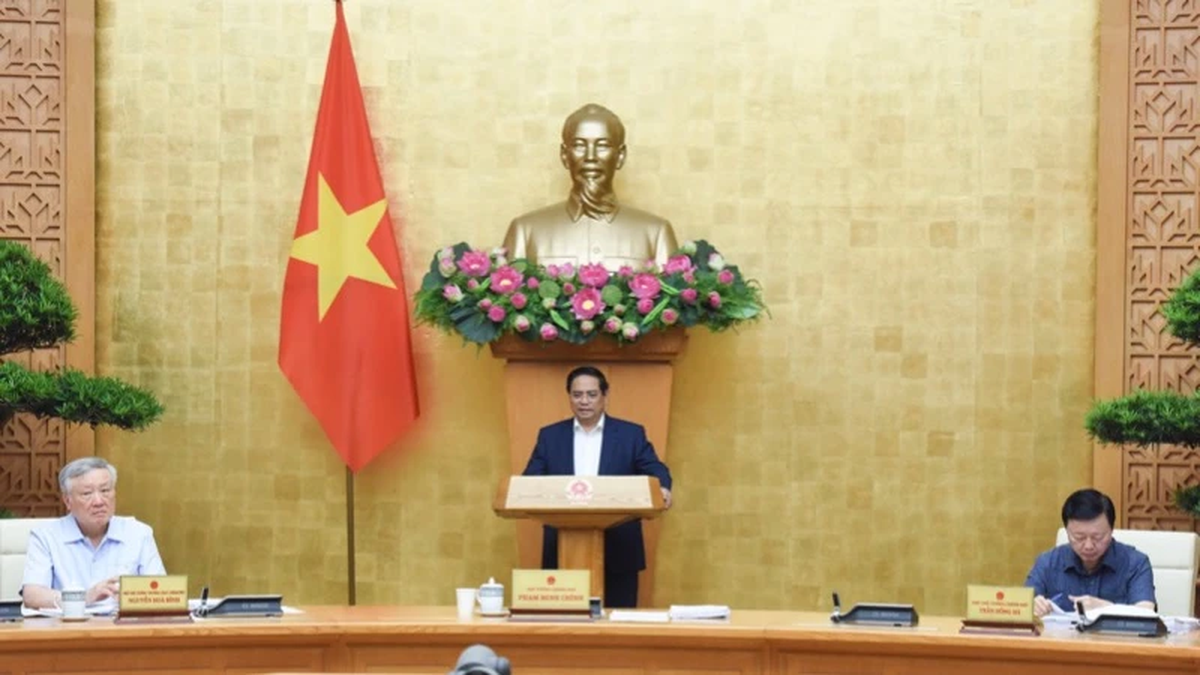
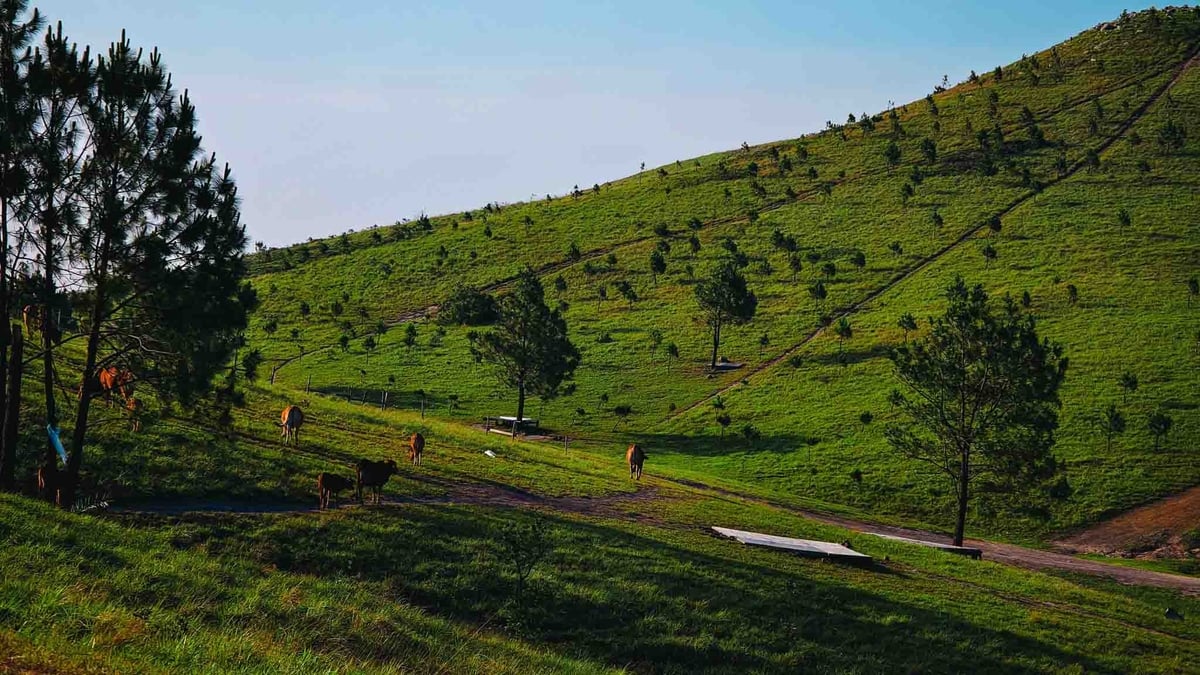

![[Photo] Prime Minister Pham Minh Chinh attends the groundbreaking ceremony of Trump International Hung Yen Project](https://vphoto.vietnam.vn/thumb/1200x675/vietnam/resource/IMAGE/2025/5/21/ca84b87a74da4cddb2992a86966284cf)

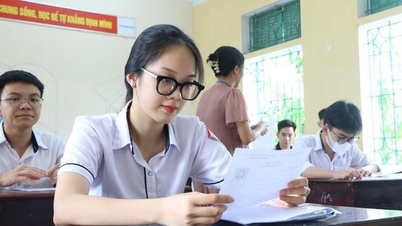

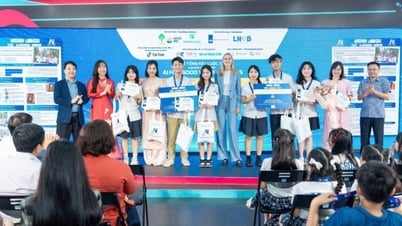

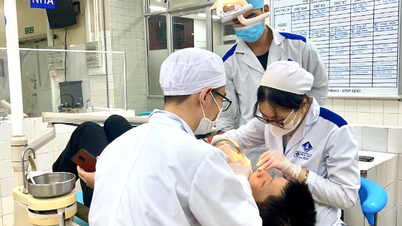
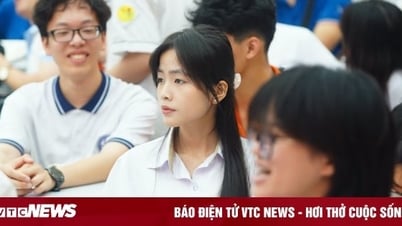

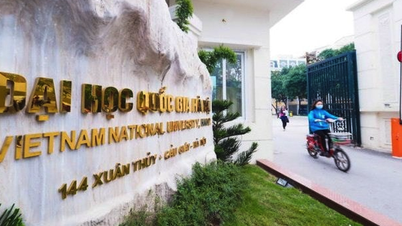

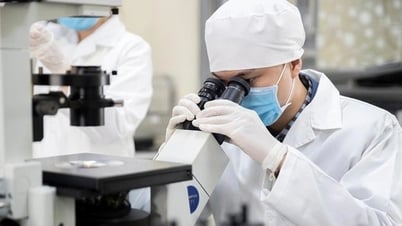














































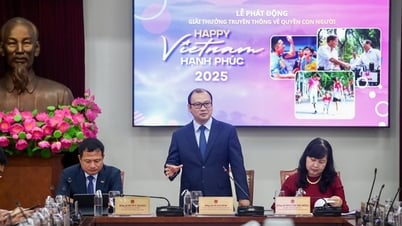
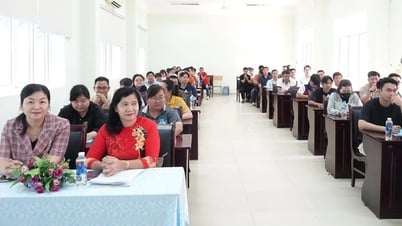


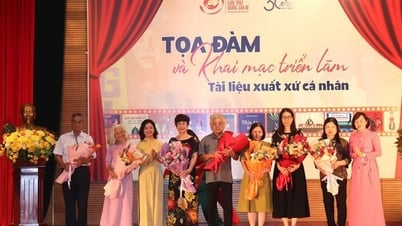

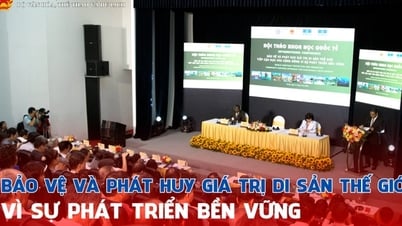
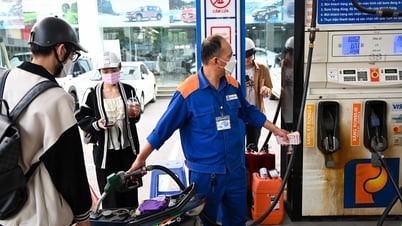



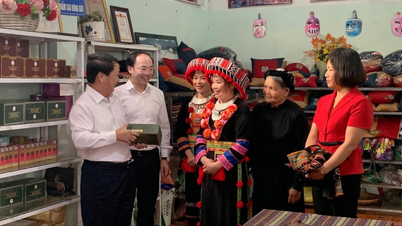

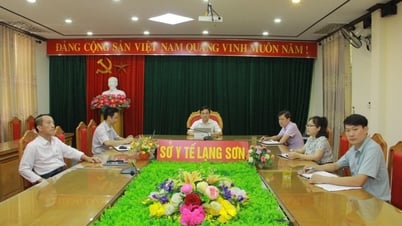

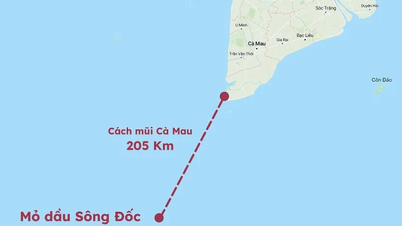

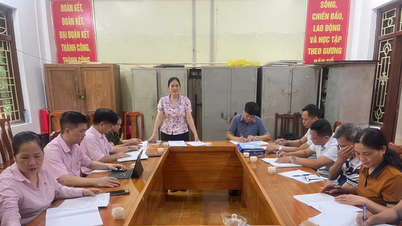




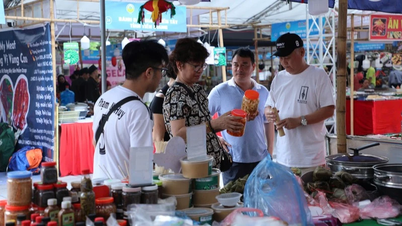
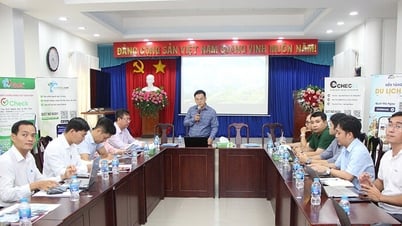

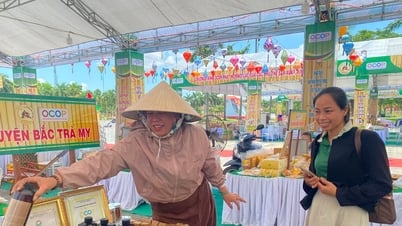

Comment (0)